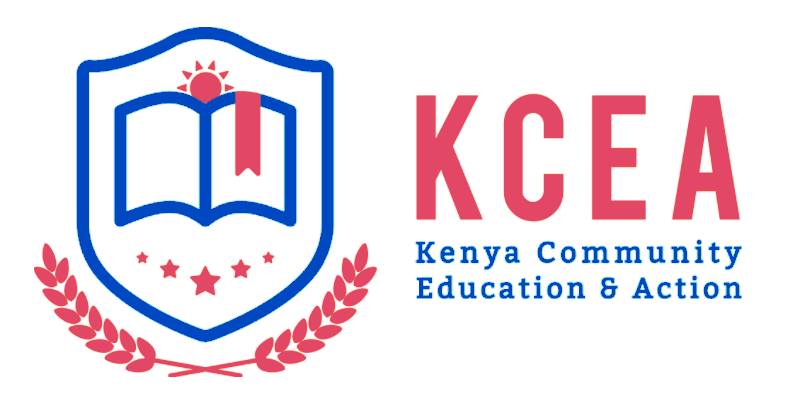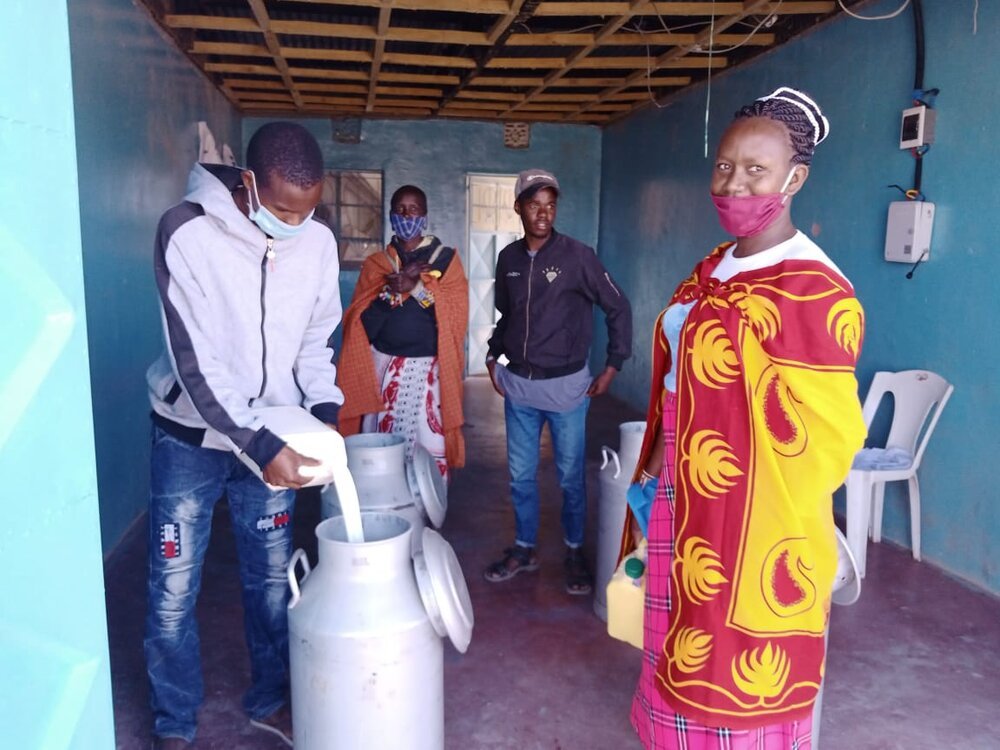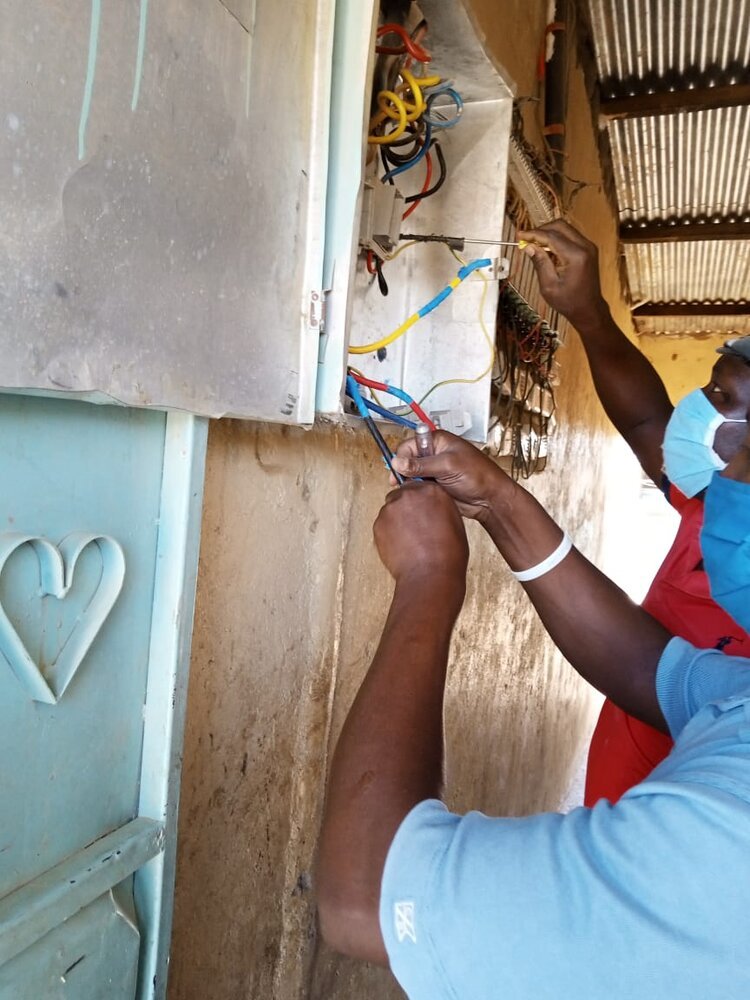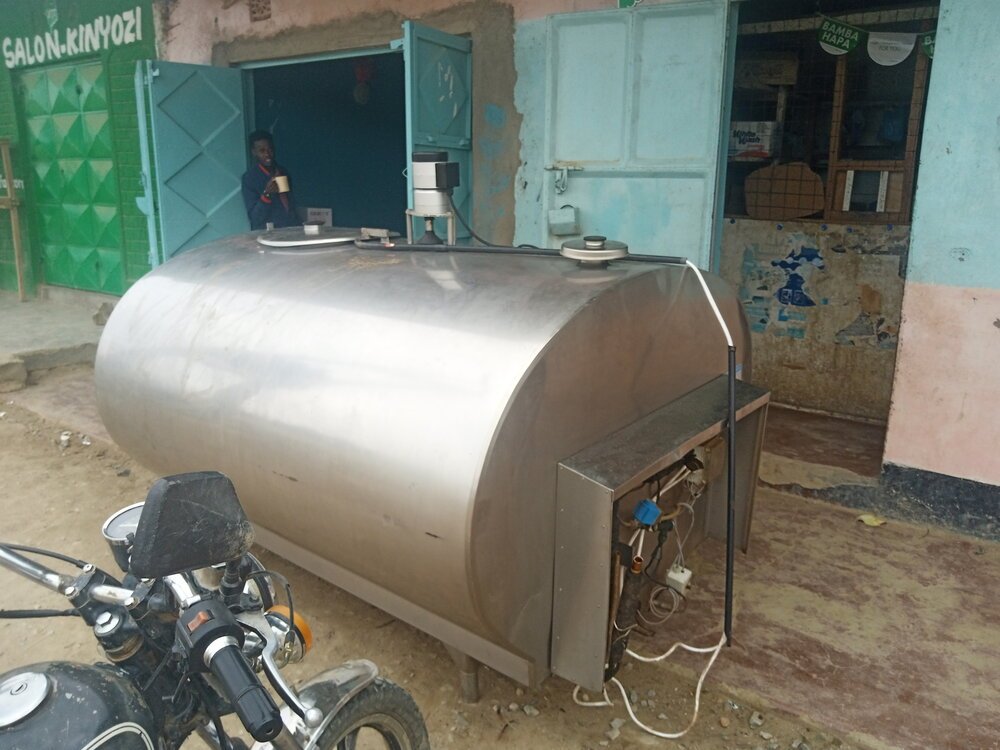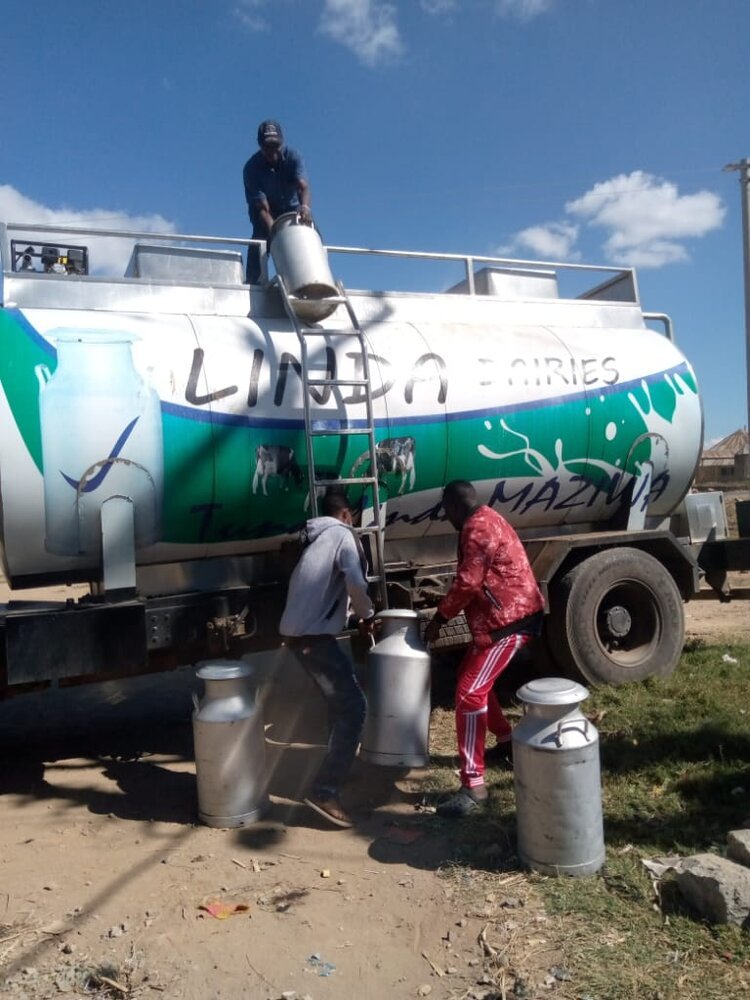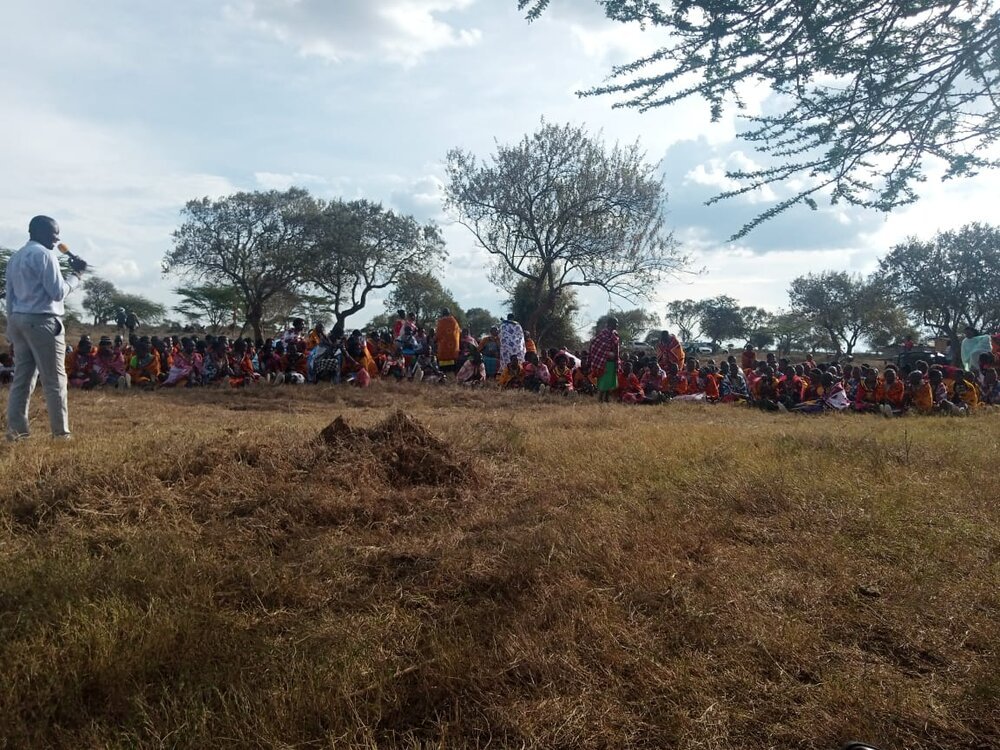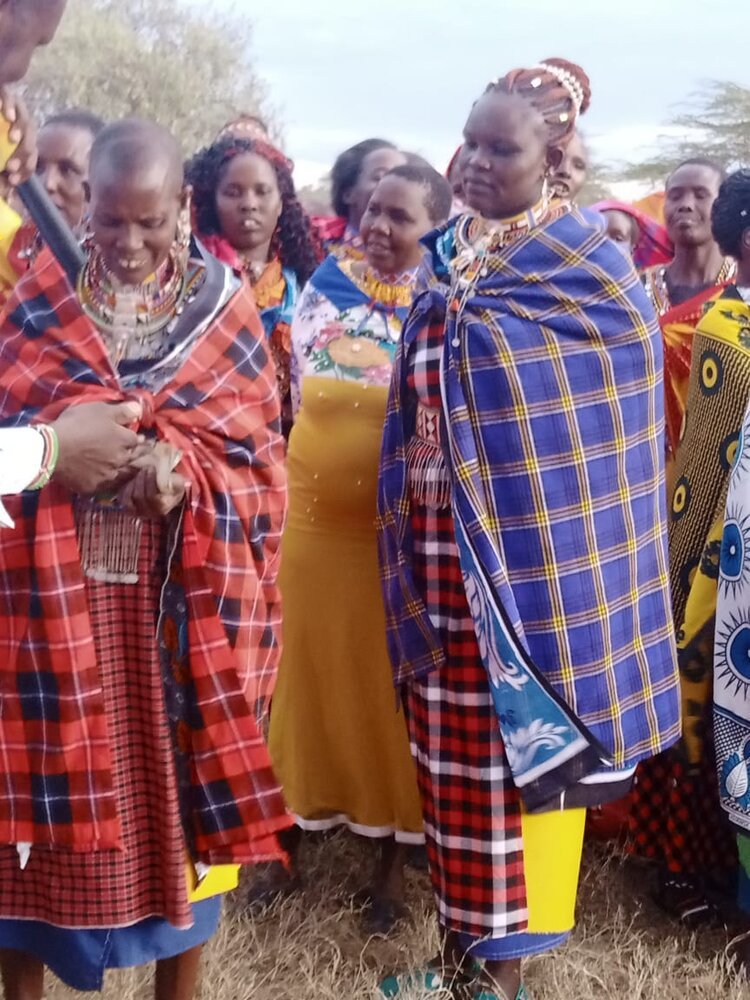Milk Collection Facility for Maasai Women
Life in a Maasai village is based around cattle. Large herds indicate wealth and provide bartering opportunities for Maasai families. Traditionally Maasai men are responsible for protecting and herding the cattle. The women are in charge of milking the cows as well as looking after the home and raising the children. Some Maasai men have become alcoholics and have not been providing for their families leaving the women to become the breadwinners of the family. The women do not have jobs and although they create beaded jewelry, they do not have a market to sell them.
For ten years, John Keshe wanted to provide a way for local Maasai women to sell their excess milk enabling them to buy food and household essentials for their families. A milk collection facility with a cooler would allow them to safely store their milk until a truck could collect it.
So, for ten years, John has been looking for a reputable entrepreneur to help in the effort, but had to wait a long time to find one that he judged would be a good partner. Last summer John found a reliable entrepreneur who had successfully installed many milk coolers in villages across Kenya. John had him visit Ewaso Ngiro village to investigate the proposed site that was on a suitable road that could accommodate a milk truck. This investor explained the plan to the women and how to hygienically handle the milk.
An interim program started before the cooler was installed. The women brought their milk to site for a daily refrigerated truck pickup. Already, that was a great step forward.
Preparing the milk collection facility with the necessary electricity for the cooler was the next step. KCEA funds provided $300 for the 3-phase electrical connection required for the refrigeration compressor. The women would finish paying off the milk cooler with proceeds from their milk sales.
Women from five villages (Ewasongiro, Esupetai, Elnchangipuzi, Nkoisuash, and Katakala) partnered together for the first milk cooler to be installed in their area. September 30th the long awaited cooler started up. The village women gathered on October 5th to celebrate the first payment from their milk sales. It was a time for ceremony and expression of gratitude. Many praised God with joyful songs.
The milk collection facility has created an impact never experienced before in the villages. The women are now able to buy food, soap, and household items for their families. Long-neglected essentials like sanitary napkins are finally within reach.
